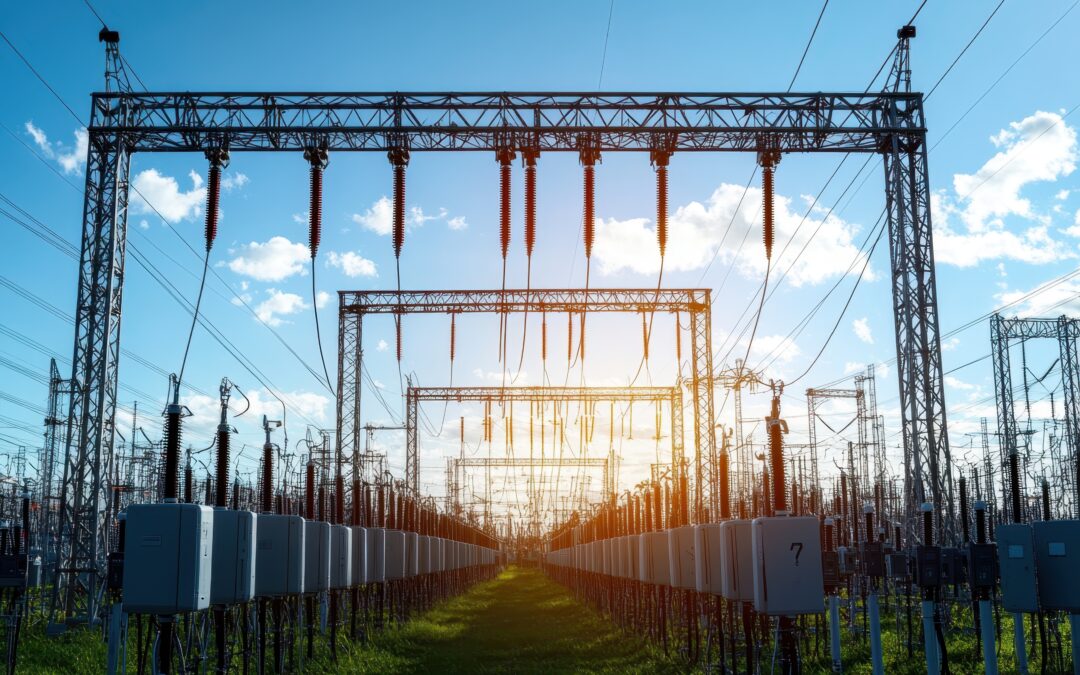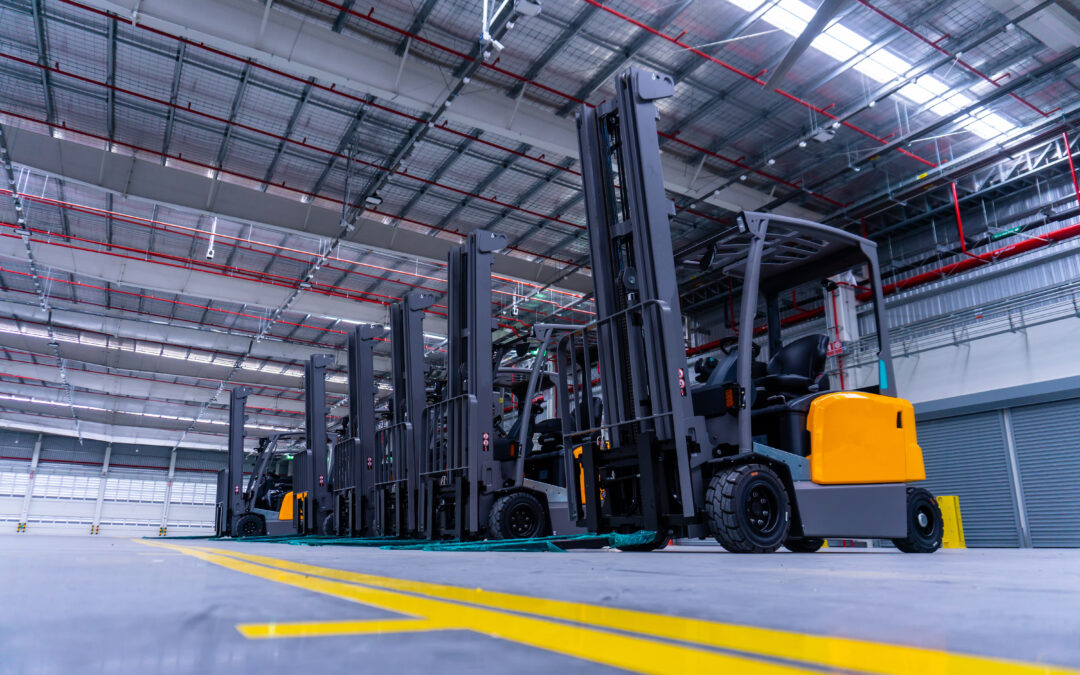The Power Advantage
At Exponential Power, we bring you the foremost stored power products and services that go beyond your expectations, delivering the best tailored solution for you.
Stationary/Reserve Power
Motive Power/Forklifts
Battery Test Equipment
Who is Exponential Power?
We are a leading provider of stored power solutions utilized by energy leaders in offshore, telecom, energy services, utilities, oil & gas, data centers, motive power, material handling, distribution, and manufacturing industries. From SBS (Stored Battery Systems) to Battery Test Equipment, we provide solutions tailored to meet your specific needs.
Our extensive product portfolio includes offerings from a wide range of manufacturers, such as EnerSys, Chloride, HindlePower, and many others, ensuring we deliver the highest quality and most reliable solutions to our customers.
.
What Our Customers Are Saying…
They’re backing up safety systems that are responsible sometimes for saving lives—it’s that important.
Join Our Battery
Discussion Groups Today
Join our Technical Support and Sales team as we discuss topics like: Proper Battery and Charger Sizing Methods; Installation, Maintenance and Testing Procedures;How to Maintain Your Battery Warranty, etc. Your questions, comments and opinions are important to having a constructive conversation that leads to identifying answers to difficult questions. These discussions will also identify future topics of discussion.
From the Field to the Front Office: A Conversation with Rocky Colombo, Senior VP of Industrial Sales and Data Centers
We recently sat down with Rocky Colombo, who was promoted to lead Exponential Power’s Industrial, Data Center, and Service businesses. Rocky’s had a remarkable career in the battery industry, starting out as an electrician in the field and working his way up to Senior Vice President. He’s built a reputation…
BMS Confusion: Understanding the Difference Between Battery Monitoring Systems and Battery Management Systems
In the world of stored energy, three letters cause a lot of confusion: BMS. Ask ten people what BMS stands for, and you might get ten different answers. The confusion is understandable—BMS can refer to Battery Monitoring Systems or Battery Management Systems—two technologies that sound similar but serve very different…
Kristi Longshore: Championing Data Center Careers for the Next Generation
With over 20 years of experience in the critical backup power industry, Kristi Longshore has built an impressive career. As Vice President of the Data Center Division at Exponential Power, she is not only driving business growth but is also passionately advocating for the industry. Kristi encourages young individuals from…
Edge Computing’s Transformation of Backup Power Strategies
Edge computing is transforming IT operations by shifting data processing closer to data generation points. Instead of sending every bit of raw data to centralized data centers, edge computing leverages smaller, localized servers—known as edge nodes—that process data near its source. Key Benefits of Edge Computing and Implications for Backup…
Reshaping UPS Backup Power for Utility Operations
UPS Backup Power Needs of the Utility Sector Have Evolved Significantly in Recent Years In the wake of grid modernization initiatives and an influx of renewable energy adoption. As a result, power companies require more advanced systems with more to consider than ever. At Exponential Power, our Utilities Division develops battery…
5G Networks and Beyond: How Power Infrastructure Supports the Future of Connectivity
The telecommunications landscape is evolving at record speed. As 5G networks continue to expand and research into 6G technology accelerates, network operators face mounting pressure to upgrade their infrastructure. At Exponential Power, we’ve seen firsthand how these changes impact both consumers and businesses – and how critical power backup solutions…
Customer-Centric Leadership: Ted Kozikowski Reflects on Six Months as CEO of Exponential Power
In his first six months as CEO of Exponential Power, Ted Kozikowski has championed a customer-centric approach, redefining the company’s mission to deliver unparalleled energy storage solutions. Under his leadership, Exponential Power is fostering a unified culture that puts customer needs at the heart of innovation, while seamlessly integrating the…
Streamline Your Dealership: How Partnering for Forklift Battery Solutions Enhances Focus, Efficiency and Value for Your Customers
The forklift industry’s landscape is changing dramatically. While many dealers have branched out into battery sales to offer one-stop shopping for their customers, today’s market isn’t making it easy. With forklift sales dropping, dealers are caught in a bind – they need to keep their main business of selling motive…
Inside the Race to Power AI’s Energy-Hungry Revolution
The Rise of AI is Straining Data Center Power Systems We’re all familiar with how artificial intelligence is reshaping the current and future technology landscape. At Exponential Power, we’re particularly attuned to the challenges AI is posing to data centers, many of which are grappling with an unprecedented power crunch.…
Best Practices for Maintaining Data Center Uptime
Data centers are the backbone of modern digital infrastructure. Ensuring uninterrupted service during power disruptions requires proactive planning and robust systems. Backup battery systems are central to this effort, providing a critical bridge between utility power loss and generator startup. Here are actionable steps to maintain uptime and confidence in…










